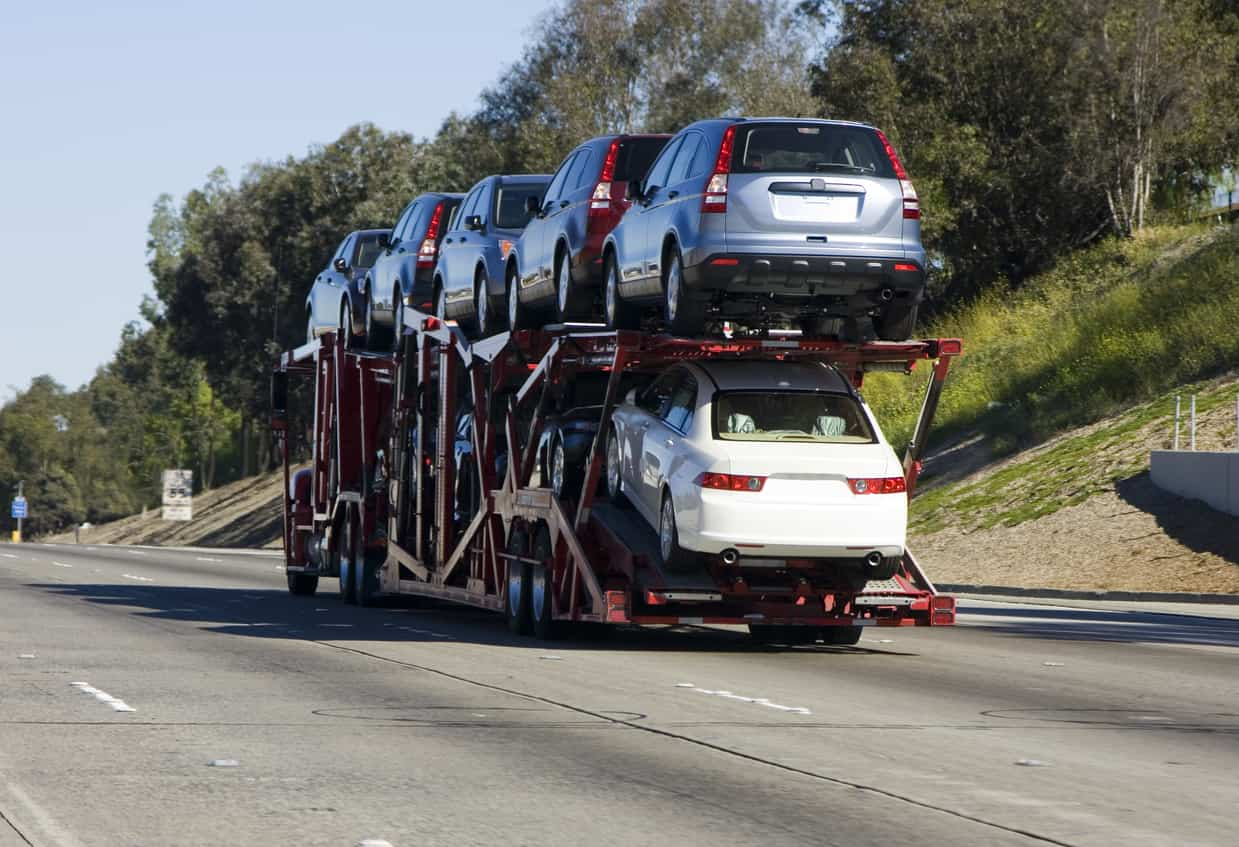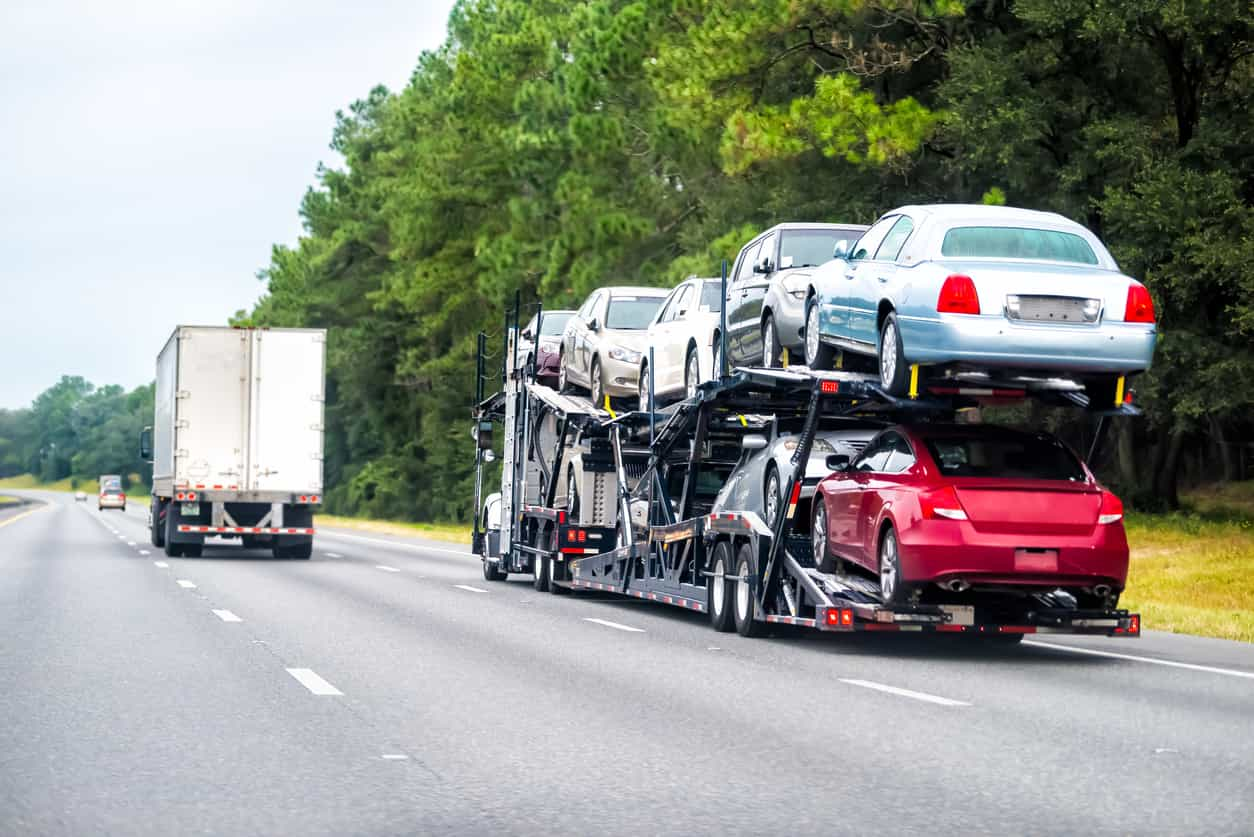Understanding the Car Shipping Industry
Before plunging into the depths of policies and contracts, it is crucial to grasp the workings of the car shipping industry. This knowledge lays the groundwork for informed decision-making.
Exploring Different Types of Shipping Services
An array of shipping services exists, each with its distinct features and benefits. We will examine the most common types to guide your selection.
Door-to-Door Services
The door-to-door service represents the height of convenience in the car shipping industry. Your vehicle gets picked up from your location and delivered right to your new doorstep. Despite the added costs, many people opt for this service to save time and effort.
Terminal-to-Terminal Services
Contrastingly, terminal-to-terminal services are more economical. Here, you drive your vehicle to a shipping terminal. The company then transports it to a terminal close to your destination, where you pick it up. While it lacks the convenience of door-to-door service, it compensates with lower costs.
Decoding Shipping Policies
Understanding shipping policies is akin to navigating a maze. However, with the right tools, you can unravel the most complex contracts.
Insurance Coverage
A paramount feature of car shipping policies is insurance coverage. It safeguards against damages during transit. Thoroughly scrutinize the terms of the policy, the coverage limit, and any exclusions.
Cancellation and Refund Policies
Life can throw curveballs, necessitating a change of plans. Therefore, acquaint yourself with the cancellation and refund policies. If the company offers a grace period, take note of the timeline and any associated penalties.
Payment Options and Terms
Shipping a car is a significant financial undertaking. So, understanding the payment options and terms is essential. Inquire about accepted payment methods, deposit requirements, and payment timelines.
Preparing Your Car for Shipment
Once you’ve nailed down the shipping policies, it’s time to ready your car for transport.
Emptying the Vehicle
To prevent damage during transit, remove all personal items from the car. Check the glove compartment, the trunk, and under the seats. Removing personal items ensures their safety and prevents any potential policy violations.
Documenting the Car’s Condition
Prior to shipping, document the car’s existing condition. Take detailed photos of both the interior and exterior. This documentation is crucial should any damage occur during transport.
Inspecting Your Car Post-Shipment
Upon receiving your car, conduct an inspection.
Assessing for Damages
Revisit your pre-shipping photos and compare them with the current state of the vehicle. Note any discrepancies and report them immediately to the shipping company.
Resolving Issues
Should any problems arise, engage with your shipping company promptly. Remember to provide all necessary documentation for a smoother resolution process.
Conclusion
Navigating car shipping policies need not be a daunting task. With a grasp of the industry, understanding of the policies, and preparation for shipment, you can ensure a smooth shipping experience.
FAQs
Q: What should I look for in a car shipping policy?
A: Key aspects to consider are insurance coverage, cancellation and refund policies, and payment terms. Each component is crucial in protecting your interests during the shipping process.
Q: How should I prepare my car for shipping?
A: Empty your car of personal belongings and document its condition thoroughly. This ensures protection against damage and facilitates easier resolution should any issue arise.





